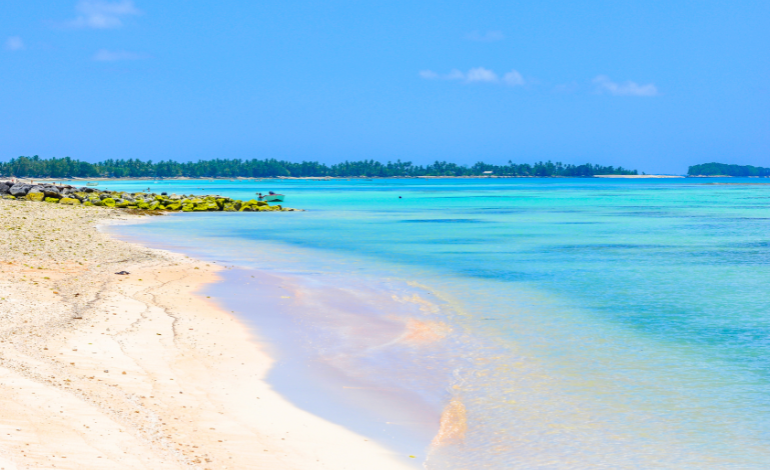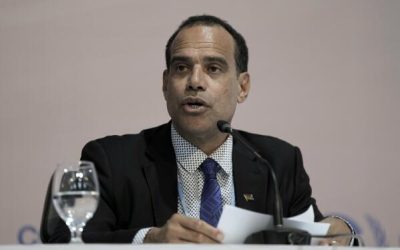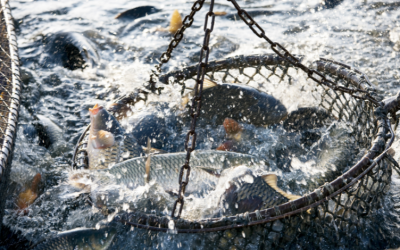The Australian Infrastructure Financing Facility for the Pacific (AIFFP) has initiated the release of grant funds aimed at upgrading two crucial boat harbours in the Nui and Niutao outer islands of Tuvalu. With an initial disbursement of USD 7 million, part of the larger USD 21.4 million commitment, the AIFFP, in collaboration with the Asian Development Bank (ADB) and the Government of Tuvalu, is set to enhance maritime infrastructure across the region.
The ‘Enhancing Boat Harbours Across Tuvalu’ project, funded by AIFFP and announced in August 2023 during a visit to Tuvalu by Minister for International Development and the Pacific, the Hon Pat Conroy MP, underscores the importance of maritime transport to Tuvalu’s economy. The project aims to improve and construct new harbour facilities on the outer islands of Nui and Niutao, thereby boosting connectivity for passengers and cargo traveling between these islands and Tuvalu’s capital.
Given the heavy reliance of many island communities in Tuvalu on shipping for food and access to essential services, the project’s significance cannot be overstated. By increasing the availability and reliability of transport options, particularly for remote communities in Nui and Niutao, the project will facilitate better access to markets, services, schools, and healthcare facilities.
The construction and operation of the new harbours are expected to generate employment opportunities and income through the sale of goods and services. With a target of at least 10 per cent female participation in construction roles, the project aims to promote gender inclusivity and economic empowerment within the community.
Recognising Tuvalu’s vulnerability to climate change impacts, including rising sea levels, cyclones, coastal erosion, and changes in longshore sand movement, the project incorporates design and construction measures for mitigation and adaptation. This proactive approach seeks to ensure the resilience and longevity of the harbour infrastructure in the face of environmental challenges.
The AIFFP-funded project represents a significant step towards enhancing domestic connectivity and bolstering Tuvalu’s resilience to climate change, thereby improving the livelihoods and well-being of its communities.
Meanwhile, Tuvalu’s newly elected government, led by Prime Minister Feleti Teo, has affirmed its commitment to maintaining diplomatic ties with Taiwan amidst pressure from China. Additionally, the government plans to review a defence and migration agreement with Australia. The statement of priorities, issued after the government’s inauguration, emphasises strengthening the relationship with Taiwan while seeking to enhance the bilateral agreement with Australia.
Concerns over sovereignty and transparency surround the existing pact with Australia, which offers Tuvaluans refuge from climate change-induced threats. With Tuvalu facing existential risks due to rising sea levels, Australia’s treaty offers assistance in times of natural disasters and pandemics. However, it also grants Australia veto power, reflecting regional power dynamics. The United States and Australia’s proactive engagement with Pacific nations aims to counterbalance China’s growing influence in the region, exemplified by its security pact with the Solomon Islands.



